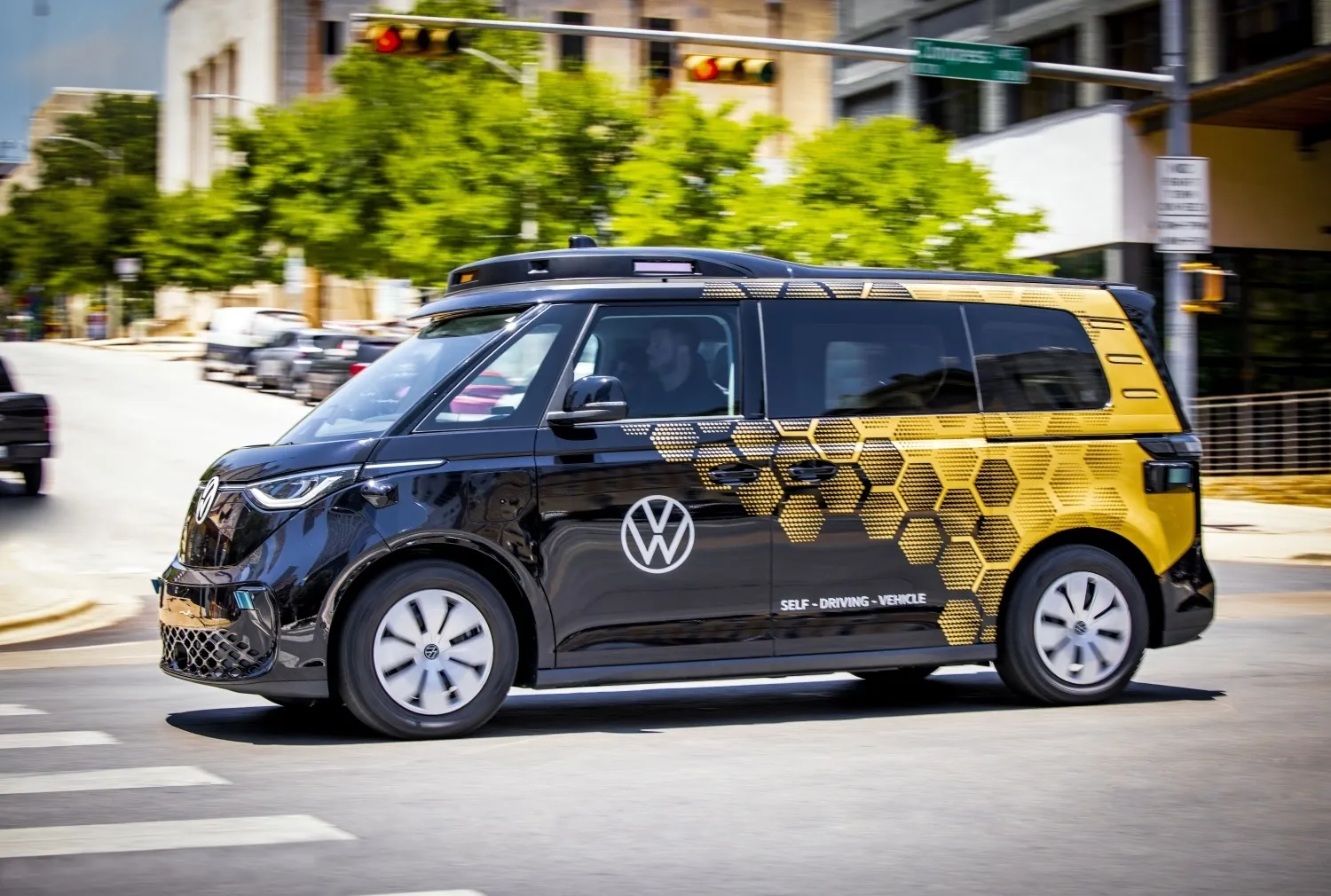Operating under the name ‘New Mobility in Israel,’ the service is being tested as part of a Mobility as a Service (
Mobileye, an Intel company, will equip VW’s EVs with a level-4 autonomous vehicle kit – a driverless solution which consists of hardware, driving policy, safety software and map data. Champion Motors, an Israeli car importer, will run the fleet operations and control centre.
The Israeli government is providing regulatory and infrastructure support.
Dr. Herbert Diess, CEO of VW, says: “We firmly believe that self-driving EVs will offer Israel and cities around the world safe, clean and emission-free mobility, which is accessible and convenient.”
Professor Amnon Shashua, Mobileye’s CEO and senior vice president at Intel, says the service is expected to meet mobility demands while also minimising air and noise pollution, while helping with congestion and increasing safety.
The scheme will also include the development of a mobility platform for users as well as other MaaS tools.
VW and partners to bring EV autonomous ride-hailing service to Israel
Volkswagen (VW), Mobileye and Champion Motors are to deploy a self-driving taxi service in Israel over the next four years.
Operating under the name ‘New Mobility in Israel,’ the service is being tested as part of a Mobility as a Service (MaaS) model which uses autonomous electric vehicles (EV).
Mobileye, an Intel company, will equip VW’s EVs with a level-4 autonomous vehicle kit – a driverless solution which consists of hardware, driving policy, safety software and map data. Champion Motors, an Isr
November 2, 2018
Read time: 2 mins










